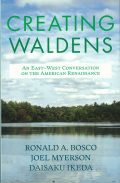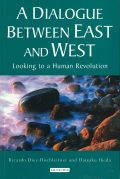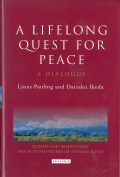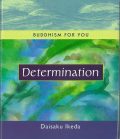Human Rights in the 21st Century
Born of their struggles to uphold human rights this dialogue represents the coming together of two kindred spirits, Austregésilo de Athayde (1898-1993) and Daisaku Ikeda. Athayde was president of the Brazilian Academy of Letters and, as Brazilian representative to the United Nations, a decisive voice in drafting the Universal Declaration of Human Rights in 1948. Finding that Buddhist principles can enrich the human rights movement, they aim to convey a “new humanism” which encapsulates the spirit of the declaration, the supreme value of the human being.
In stock






